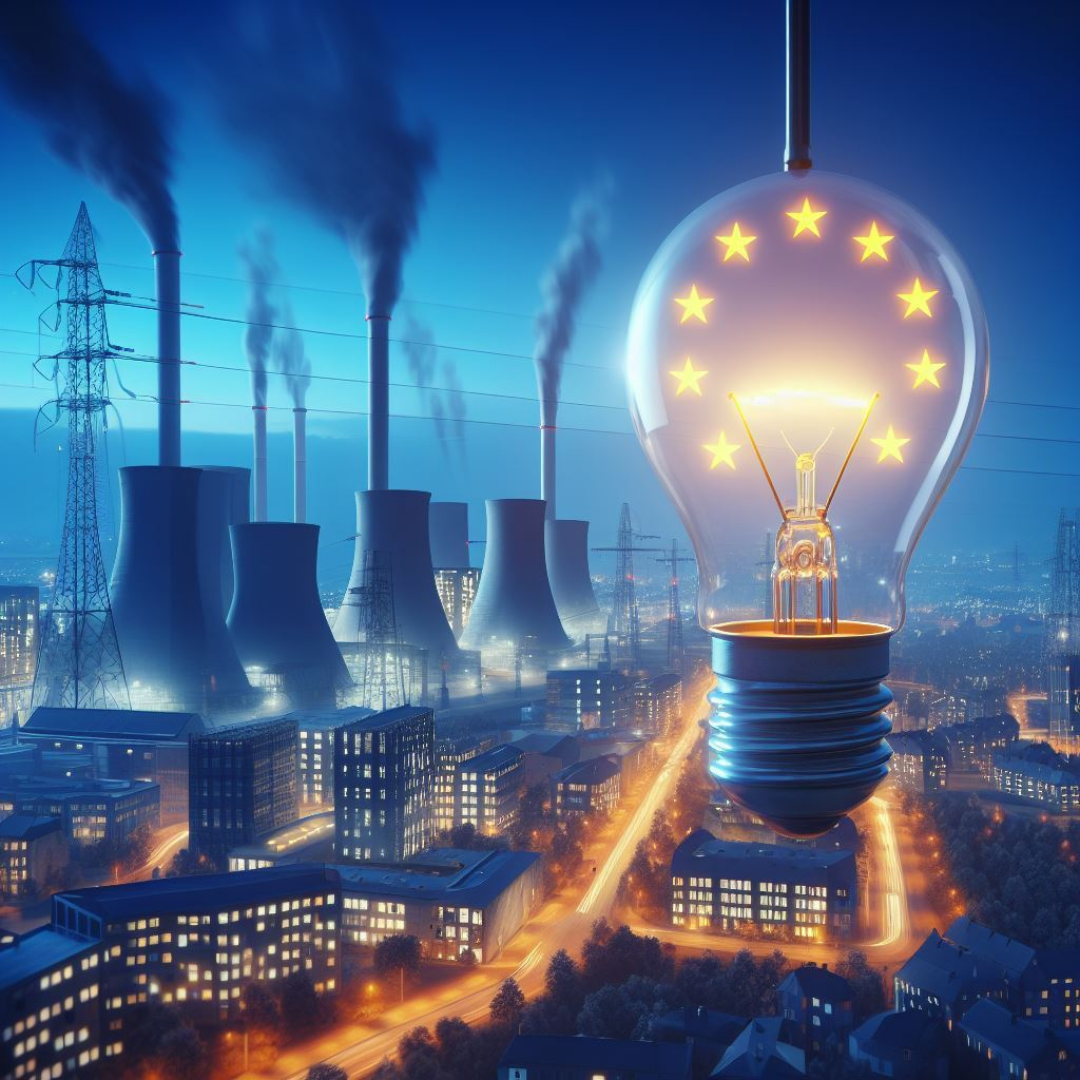The EU legal framework mandates the identification and mitigation of energy poverty in the NECP of each member state, slated for revision in 2024.

The European Commission has produced a list of proposals detailing crucial policies and actions that member states should take in an effort to address the growing energy poverty crisis that is affecting individuals throughout the European Union.
This is in reaction to a startling increase from 6.9% in the previous year to 9.3% of Europeans in 2022 who were unable to heat their houses enough as a result of skyrocketing energy costs and a cost-of-living crisis.
The cornerstone of this initiative is the commitment to safeguard vulnerable citizens and ensure an equitable and just transition as part of the European Green Deal. Among the structural measures emphasized are substantial investments in energy efficiency and renewable energy sources.
These actions are strategically designed to have a lasting impact by addressing the fundamental causes of energy poverty, such as substandard energy performance in homes and appliances, high energy costs relative to household budgets, and lower income levels, which have been further exacerbated by inflation.
The recommendations are complemented by a comprehensive Staff Working Document providing an in-depth analysis of the proposed measures. Following the recent revision of the Energy Efficiency Directive, which includes a groundbreaking EU-wide definition of energy poverty, the Recommendation also outlines how member states can diagnose and address this issue on a national level.
Central to this endeavor are the National Energy and Climate Plans (NECPs) and the Social Climate Plans, which serve as platforms for member states to integrate these recommendations into their policy frameworks.
The EU legal framework mandates the identification and mitigation of energy poverty in the NECP of each member state, slated for revision in 2024. Furthermore, member states are required to draft and submit their Social Climate Plans to the Commission by June 30, 2025, to avail themselves of the Social Climate Fund.
The publication of the Recommendation and Staff Working Document follows extensive consultations with Member States and a wide array of stakeholders, including consumer and civil society organizations, trade unions, anti-poverty groups, social housing providers, environmental activists, health organizations, energy cooperatives, and energy providers.
Simultaneously, a renewal of the Joint Declaration on enhanced consumer protection for the winter has been announced. Initially signed in December 2022, this pact brings together key stakeholders representing consumers, regulators, energy suppliers, and distributors.
They pledge to uphold common principles and go beyond existing legislation to support households during the winter of 2022-2023.
Despite a decrease in wholesale energy prices from the previous winter’s highs, vulnerable customers and those grappling with energy poverty still face challenges in meeting bills, given the persistently high cost of living. Consequently, stakeholders have committed to renew the Joint Declaration for the upcoming winter season of 2023-2024.
Commissioner for Energy, Kadri Simson, stressed, “Energy poverty is not a new phenomenon in the EU – moving beyond crisis response measures, we must address its root causes so that we overcome it in an effective and sustainable way. Today’s Recommendation focuses on long-term structural measures such as ensuring access to energy efficient housing and appliances as well as renewables, which will help drive Europe’s clean energy transition while ensuring that nobody gets left behind.”
Commissioner for Justice, Didier Reynders, echoed this sentiment, asserting, “The rise in energy prices and cost of living has put millions of consumers in a vulnerable situation. Thanks to our collective efforts at EU and national level, the overall situation has improved compared to 12 months ago. However, the reality is that many consumers are still facing difficulties paying their bills. With winter already around the corner, we must continue doing everything in our hands to battle energy poverty and protect consumers in need.”